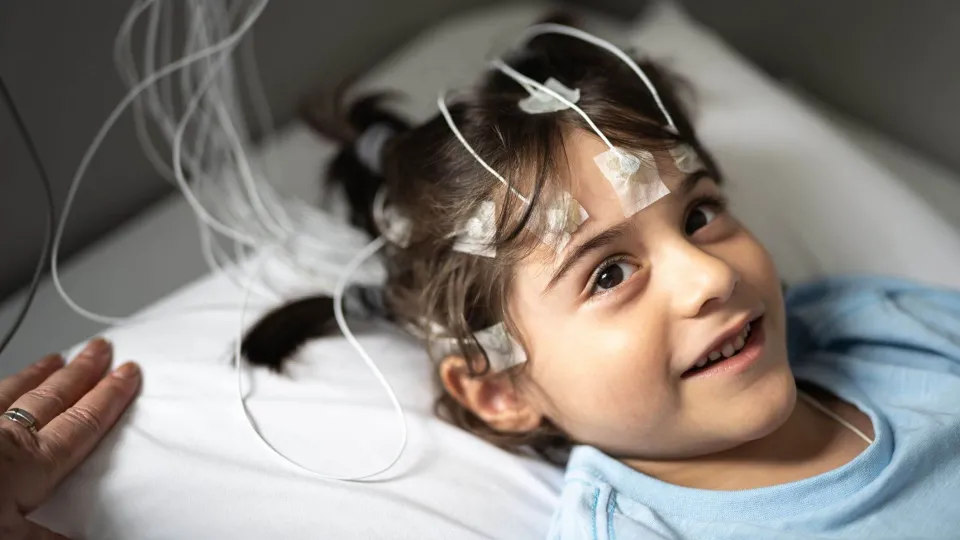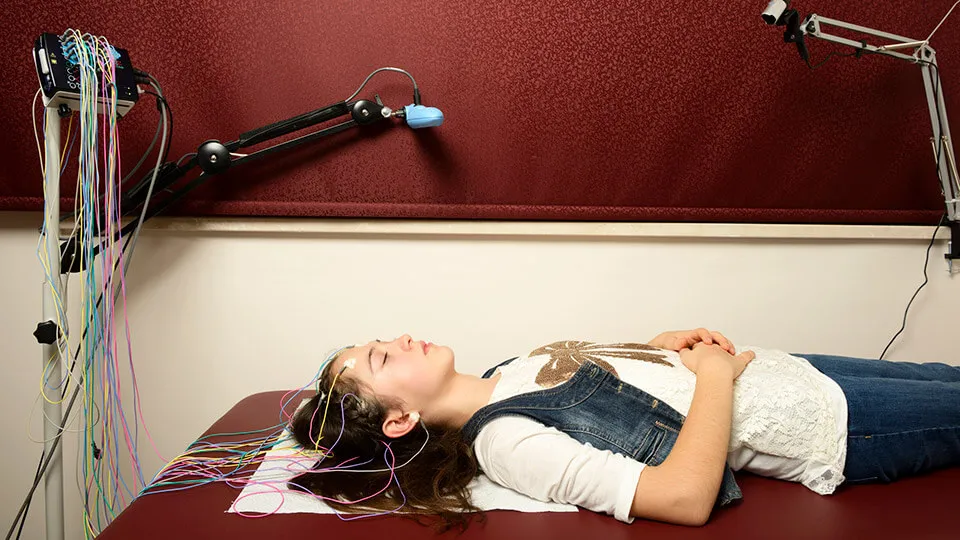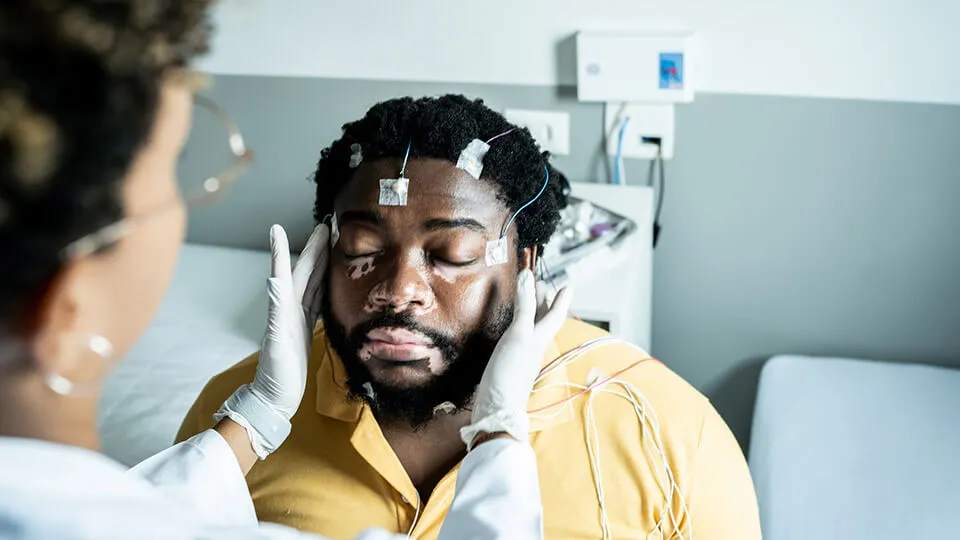
Did you know that May is Better Sleep Month? When did you last get a good night's sleep? Hopefully, you answered "last night" because health care research shows catching up on missed sleep is difficult.
Even after 10 full hours of sleep, study subjects showed sleep deprivation from two weeks of less than six hours a night. The importance of sleep is something that health care degree students should both know about and practice.
Dangers of Sleep Deprivation
Students are notorious for trying to pull "all-nighters" to study. Is missing sleep to get more work done really beneficial in the long run? In fact, not sleeping enough can do a lot of short- and long-term harm to our emotional and mental health. Here are some dangers of too little sleep:
- Mood changes and depression
- Accidents
- Impaired mental functioning and inability to remember
- Serious heart problems and other health disorders
- Aging skin because lack of sleep doesn't allow our bodies to build collagen
- Weight gain because being sleepy makes us hungry
How Sleep Helps Health Care Degree Students
Health care degree students should know that sleep is probably better than late-night studying to improve your memory and help you retain information.
In fact, it is during sleep that your brain does the work of sorting through your memories and the information you have gained during the day.
While sleeping, your brain forms the pathways that help you retain that information and remember it later.
People interested in a health care degree should know that manystudies, some going back to 1924, show that people remember what they have learned better after a good night's sleep.
Sleep Benefits Everyone
It isn't just students that need good sleep. Health care degree students need to know that a patient's sleep patterns can impact their health and well-being. Here are some ways sleep helps you:
- Sharpens your attention
- Curbs inflammation
- Helps you live longer
- Lowers your stress level
- Spurs creativity
- Helps you perform your best
- Keeps you healthier
How Health Care Students Can Get Better Sleep
Convinced you need good sleep? Here are some tips from the National Sleep Foundation that health care degree students can use to help themselves and others get better rest:
- Develop bedtime rituals that relax you.
- Go to sleep and get up at the same time every day.
- Exercise.
- Avoid naps if you have trouble sleeping.
- Keep your bedroom cool and free of light.
- Use bright light to wake you up and darkness to help you sleep.
How Much Sleep Do You Need?
Most people need from 7 to 9 hours of sleep a night. If you have sleep debt, Harvard Health suggests making that debt up by adding a few extra hours every night.
In addition, he advises that you address any long-term sleep debt by turning off the alarm and letting yourself wake up naturally.
How can you celebrate Better Sleep Month this May? Learn about the dangers of sleep deprivation and the importance of getting enough sleep. Make sure that you make up any sleep debt you have and develop a plan to make sure you get enough sleep each night.
Take The Next Step Towards a Brighter Future
Interested in learning more about our Polysomnographic Technology program?
We have a Concorde representative ready to talk about what matters most to you. Get answers about start dates, curriculum, financial aid, scholarships and more!







